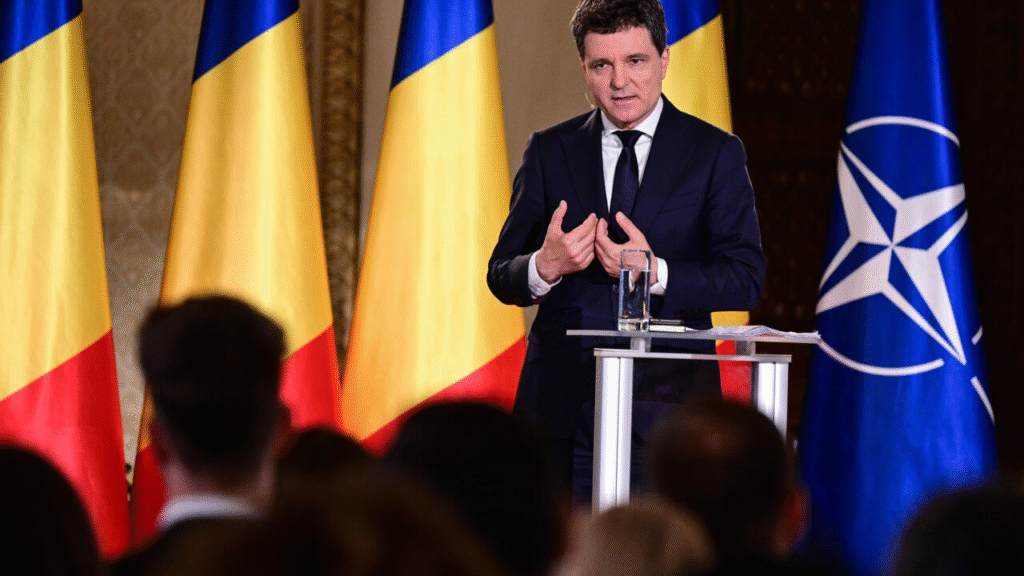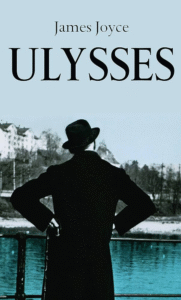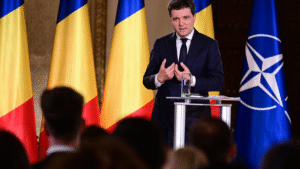The Mandate of Moderation: Nicușor Dan’s Victory and Romania’s Pro-European Path
The recent Romanian presidential election, culminating in the victory of pro-EU liberal incumbent Nicușor Dan, represents a significant moment in the nation’s political trajectory. In a closely watched race that pitted Dan against a hard-right rival, the electorate’s decision underscores a continued commitment to European integration and a rejection of the divisive rhetoric that has gained traction in other parts of the continent. This outcome is not merely a personal triumph for Dan, but a reaffirmation of Romania’s desire to maintain its place within the European mainstream, navigating a complex political landscape marked by both internal challenges and external pressures.

A Mandate for Stability and European Values
Nicușor Dan’s campaign, characterized by its emphasis on moderation, transparency, and adherence to European values, resonated with a significant portion of the Romanian population. His victory can be interpreted as a mandate for stability and continuity, particularly in a region grappling with geopolitical uncertainties. The electorate’s preference for Dan over his hard-right opponent signals a rejection of the populist and nationalist sentiments that have threatened to destabilize European democracies. Romanians, it appears, have chosen a path of reasoned engagement with the EU, prioritizing cooperation and integration over isolationism and confrontation.
Reflecting Romania’s European Identity
The election’s significance extends beyond the immediate political context. It reflects a broader societal debate about Romania’s identity and its role in the European community. The victory of a pro-EU candidate suggests that a substantial segment of the population recognizes the benefits of EU membership, including economic stability, access to markets, and the protection of democratic principles. This endorsement of European integration is particularly noteworthy in light of the rising tide of Euroscepticism in other European nations.
Addressing Internal Divisions and Challenges
However, Dan’s victory also highlights the persistent challenges facing Romanian democracy. The close nature of the race indicates that the hard-right’s message, while ultimately rejected, still holds appeal for a considerable portion of the electorate. This underscores the need for continued efforts to address the root causes of political polarization, including economic inequality, social grievances, and the spread of misinformation. The new presidential term will require Dan to bridge these divides, fostering a sense of national unity and promoting inclusive governance.
Romania’s Role in Regional Security
Moreover, Romania’s position on the European stage necessitates a proactive approach to addressing regional security concerns, particularly in the context of the ongoing conflict in Ukraine. As a frontline state, Romania plays a crucial role in maintaining stability in Eastern Europe. Dan’s pro-EU stance aligns with the country’s strategic interests, emphasizing the importance of collective security and cooperation with European allies. His administration will be tasked with strengthening Romania’s defense capabilities, enhancing its diplomatic engagement, and contributing to a unified European response to regional threats.
A Path of Continued European Engagement
In conclusion, Nicușor Dan’s victory in the Romanian presidential election represents a significant affirmation of the country’s pro-European trajectory. It reflects a commitment to moderation, stability, and cooperation in a complex geopolitical environment. While the close race underscores the need to address internal divisions and external challenges, the outcome provides a mandate for continued engagement with the European Union. As Romania navigates its future, Dan’s leadership will be crucial in ensuring that the nation remains a steadfast and influential member of the European community, contributing to the stability and prosperity of the continent.











